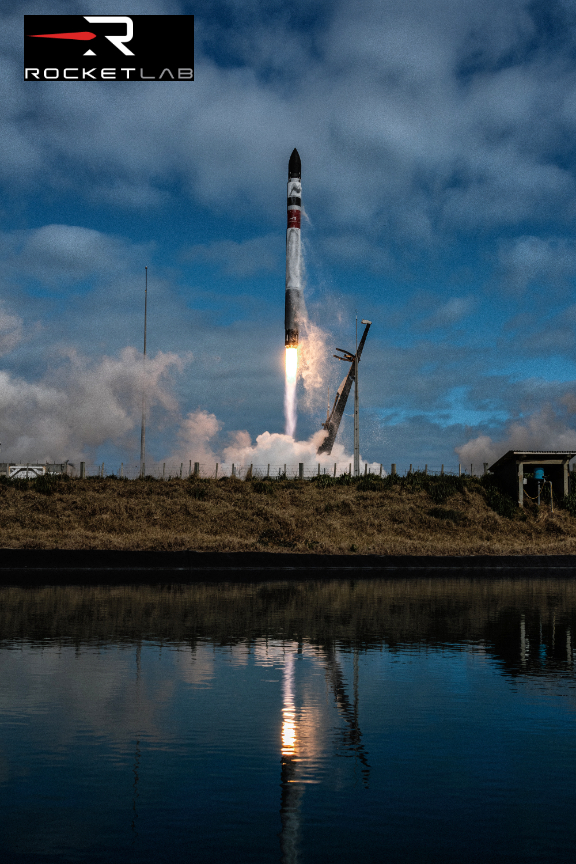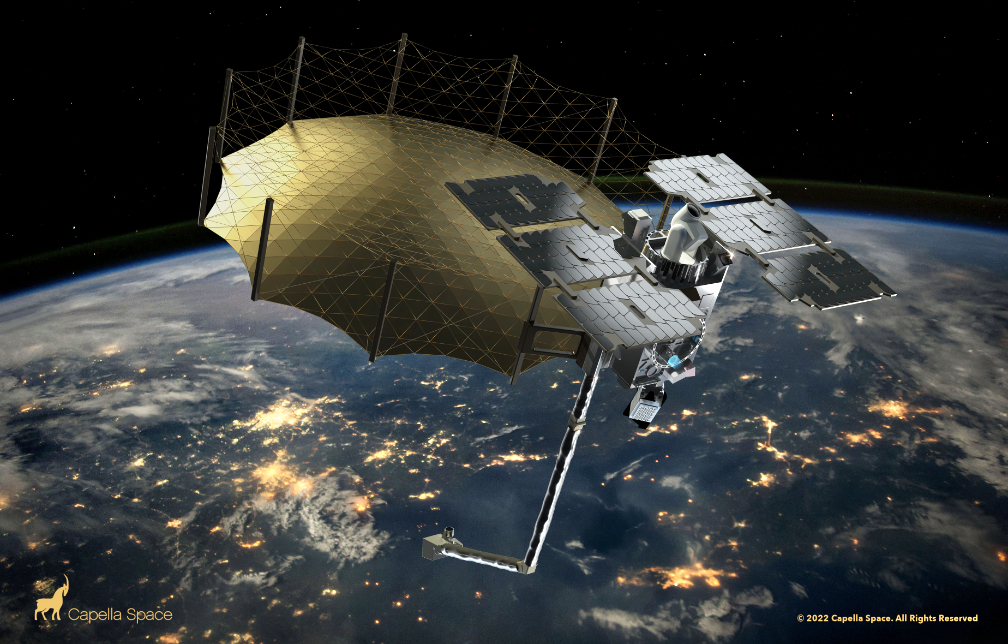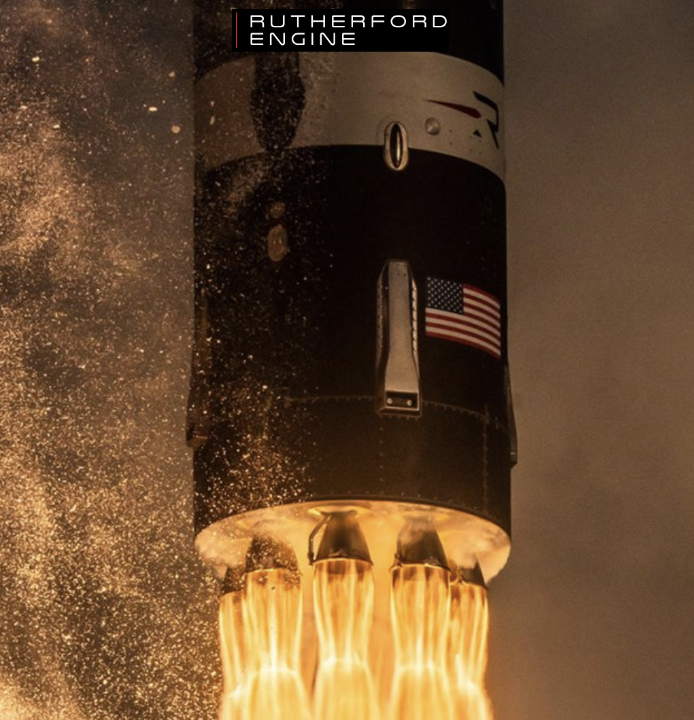
Rocket Lab USA, Inc. (Nasdaq: RKLB) has successfully launched their 40th dedicated Electron mission for Capella Space (Capella) — this mission demonstrated several significant milestones for Rocket Lab’s reusability program, including an ocean splashdown of the Electron rocket’s first stage and the successful flight of a previously flown Rutherford engine.

The ‘We Love The Nightlife’ mission lifted off on August 24th at 11:45 a.m., NZST, from Rocket Lab Launch Complex 1 on New Zealand’s Mahia Peninsula and deployed Capella’s nexgen Acadia satellite for its synthetic aperture radar (SAR) constellation to a 640 km. circular LEO.
As a recovery mission, Electron’s first stage returned to Earth under a parachute after launch and splashed down in the Pacific Ocean several hundred kilometers down range from Launch Complex 1. Rocket Lab’s marine recovery vessel extracted the stage from the ocean and transported it back to Rocket Lab’s production complex for analysis and testing to inform future recovery efforts.

In addition to recovering the booster, Rocket Lab launched a pre-flown, 3D printed, Rutherford engine for the first time. The engine previously flew on the first stage of the ‘There and Back Again’ mission, launched in May of 2022. The engine performed on par with new Rutherford engines, completing a successful first stage burn.
The mission follows on from Rocket Lab’s two previous launches for Capella, including the “Stronger Together” mission launched in March of 2023 from Rocket Lab Launch Complex 2 in Virginia, and the “I Can’t Believe It’s Not Optical” mission in August of 2020 from Launch Complex 1 in New Zealand, which deployed the first satellite in Capella’s SAR constellation. ‘We Love the Nightlife’ was the first of four, new, dedicated launches on Electron for Capella, announced in February of 2023, to deploy Capella’s nexgen Acadia satellites.
Capella’s existing satellite constellation delivers the highest quality and resolution SAR imagery commercially available, with the ability to penetrate all weather conditions and capture clear imagery 24-7, day and night, delivered through a fully automated ordering and delivery platform. The next-generation Acadia satellites include several enhancements, including increased bandwidth and power and faster downlink speeds. When combined with Capella’s existing long-dwell imaging capability and extended duty-cycle – which results in more images collected per orbit than other SAR systems – Acadia will continue to set the benchmark within the SAR industry.
“We’ve been a trusted launch partner to Capella since 2020 and we’re delighted to deliver mission success once again. Electron has played a crucial role in helping constellation operators like Capella deploy their spacecraft on time and on target, and we look forward to continuing building out Capella’s constellation with more dedicated launches this year. Congratulations also to our team on delivering 40 Electron launches, completing another booster recovery, and proving Rutherford engines can be flown multiple times. One mission is an enormous achievement in this industry, but 40 is a rare achievement and testament to the relentless drive, innovation and dedication of the Rocket Lab team.” — Peter Beck, CEO, Rocket Lab
